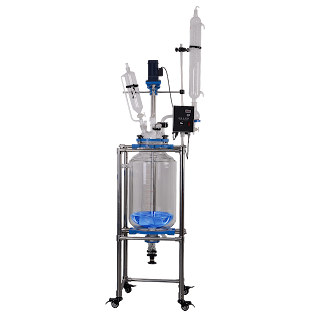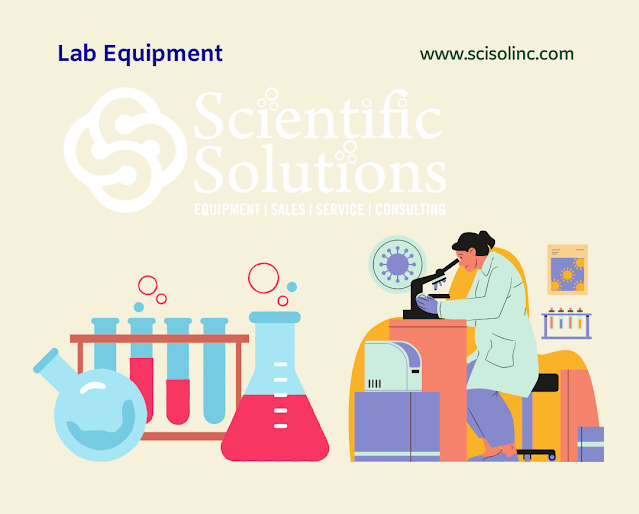Top 3 Reasons To Choose Ethanol For Cannabis Extraction
There are numerous excellent reasons why ethanol has been the solvent of choice for cannabis and hemp extraction for so long. Not only is ethanol simple to utilize, but it is also quite flexible in that it can produce a vast array of end products. This adaptability makes it a perfect solvent for both small-scale cannabis 'connoisseur' processors (who may be pursuing a wide range of full-spectrum cannabinoids and terpenes) and bigger processors aiming to isolate particular cannabinoids such as THC and CBD on a large scale. Check out more about Ethanol Extraction Equipment in detail!
The extraction of ethanol has been practised for thousands of years.
The use of ethanol (also known as alcohol) as a solvent is one of the earliest methods of plant extraction, dating back thousands of years. In truth, alcohol is one of the oldest recreational substances used by humans, and its production is extremely simple. It has been an integral element of civilization for millennia. The earliest indication of alcohol usage in the archaeological record was pushed back 13,000 years when researchers discovered ancient beer made from wheat and barley in a cave in contemporary Israel.
With the usage of ethanol as a solvent, on the one hand, being so archaic and the development of several technological advances over the previous few thousand years, ethanol's adaptability positions it in an ideal position for any form of plant extract, including cannabis and hemp extraction in particular.
Ethanol is non-toxic and simple to use
Compared to the other two most common solvents used to extract cannabis, CO2, and hydrocarbon, the ethanol extraction technique is often safer and simpler.
Since ethanol is less explosive and hazardous than hydrocarbon extraction systems, it is generally considered safer to operate.
Not only must CO2 extraction systems operate under high pressure, adding an additional potential hazard, but the equipment cost is substantially greater and the throughput (the amount of biomass it can extract in a given period of time or batch) is much lower compared to ethanol extraction.
While all extraction methods have their own unique complexities, ethanol is often regarded as one of the simplest kinds of cannabis extraction to understand, making operator training easier and quicker. This is largely due to the fact that an ethanol extraction procedure does not need the solvent to change phases, which in the case of CO2 and hydrocarbons, requires the adjustment of pressure in sealed systems and more in-depth training for a good outcome.
Ethanol is ideal for extracting cannabis and hemp oil
Cannabinoids like THC and CBD, as well as terpene chemicals, are often the target compounds (the molecules we are aiming to extract and separate from the remainder). All of them are fat soluble.
However, Ethanol Extraction Equipment might provide a problem for extractors and manufacturers whose purpose is to separate and extract these molecules entirely.
Because ethanol also attracts polar or water-soluble molecules, it will also attract chlorophyll and other undesirable chemicals. In contrast, if you aim to create consumable, full-spectrum end goods, this ability might be advantageous.
Herein lies the adaptability of ethanol, which makes it well suited for extracting plant compounds: ethanol's polarity may be gently altered by adjusting the temperature.



Comments
Post a Comment